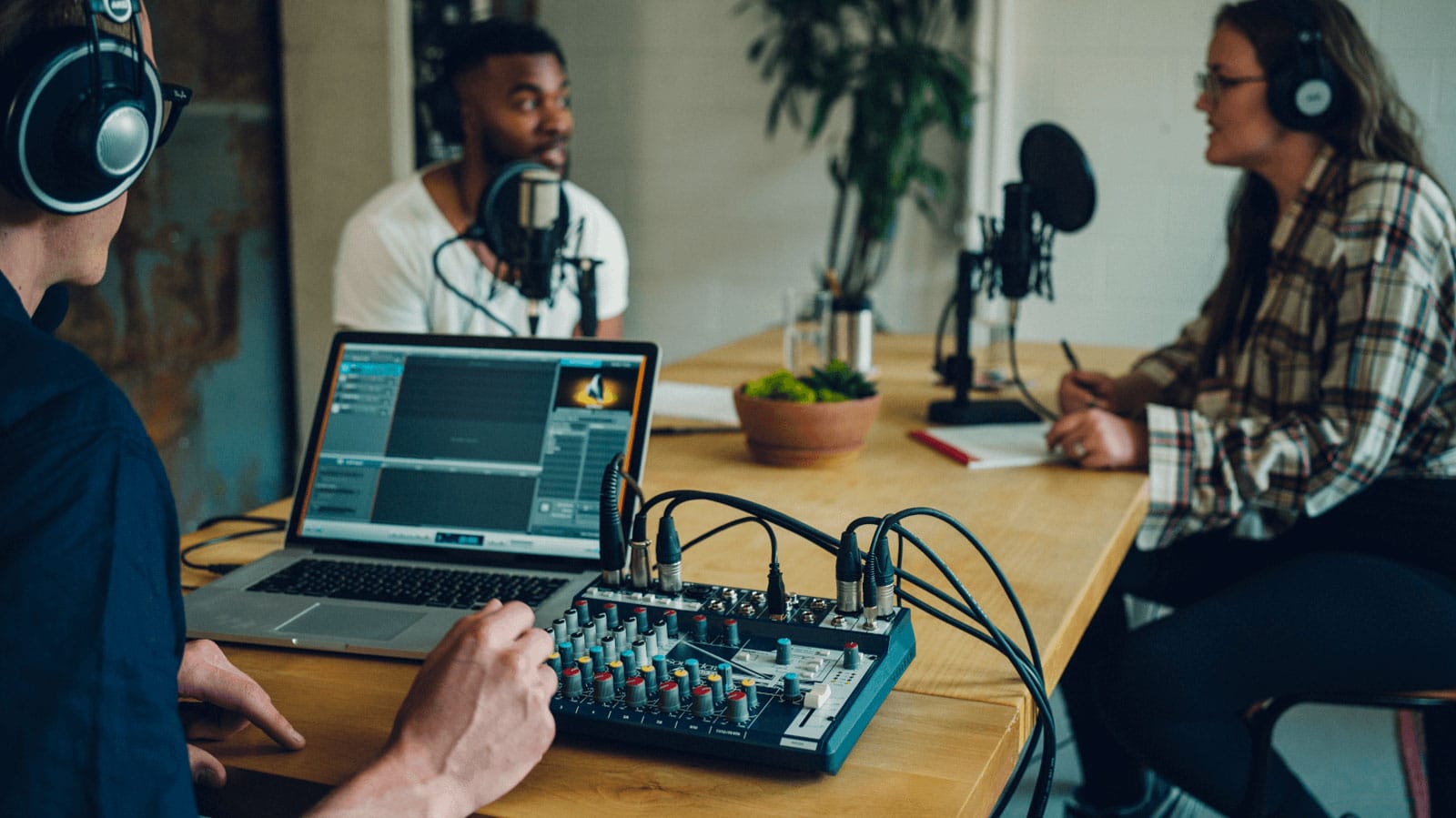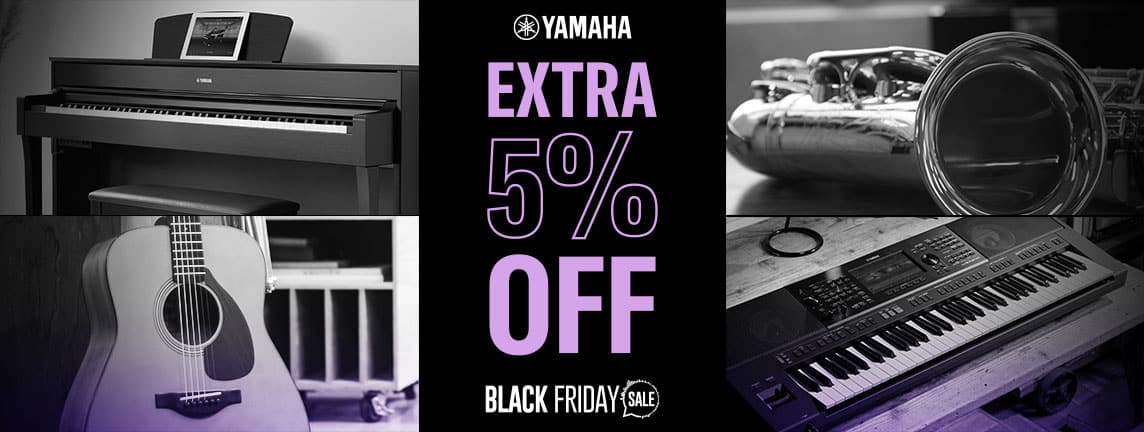
As a musician, your hearing is one of your most precious assets, and it should be protected. And yet, every year musicians find themselves developing tinnitus simply because they did not take some simple measures to protect their hearing.
If you’re serious about protecting your ears, there are a few simple steps you can take. We’re going to take a look at 5 Tips to Protect Your Ears.
How Loud is Too Loud
Before you can effectively protect your hearing, it is imperative that you first understand what you’re protecting your hearing from. The biggest enemy of healthy ears is volume or dBs.
Volume wise the safe-zone for human listening is below 85 dB. Studies have shown that prolonged listening to anything over 85 dB will cause hearing loss. To understand what 85 dB looks like, check out the volume of some everyday noises.
Painful:
150 dB = Rock Concerts at Peak
140 dB = Firearms, Air-Raid Siren, Jet Engine
130 dB = Jackhammer
120 dB = Jet Plane Take-off, Amplified Music at 4-6 ft., Car Stereo, Band Practice
Extremely loud:
110 dB = Machinery, Model Airplanes
100 dB = Snowmobile, Chain saw, Pneumatic Drill
90 dB = Lawnmower, Shop Tools, Truck Traffic, Subway
Loud:
80 dB = Alarm Clock, Busy Street
70 dB = Vacuum Cleaner
60 dB = Dishwasher
Moderate:
50 dB = Moderate Rainfall
40 dB = Quiet room
Faint:
30 dB = Whisper, Quiet Library
Understanding dB
Something that most people might not realise, is that the effective volume of what you’re listening to doubles every 3 dB. So 88 dB will be twice as loud as 85 dB.
As the volume increases, the amount of time you can spend safely listening to something rapidly decreases. You can safely spend 8-hours listening to something at 80 dB. But at 100 dB you’re only safe for around 15-min at a time. At 115 dB, your safe listening time is only 30-seconds!
When you notice it, it’s too late
One of the big problems with hearing loss is that by the time you notice it, you’ve already done some damage to yourself. That is why it is imperative that you take preemptive measures to protect your hearing.
Use Earplugs
In a perfect world, we’d all go to a specialist, who would make moulds of our ears and make custom fitting ear plugs. But while custom fit earplugs are your best option, even some cheap R10 earplugs from your local pharmacy are better than no protection.
Have you ever played (or watched) a live music event, and felt that you’ve gone slightly deaf after? Most people will feel fine again in a day or two, but it is important to remember that some damage has been done.
To “detox” your ears, you want 8-hours of relative quiet for every hour of music at 100 dB.
Earplugs are rated by their NRR number. This is the total amount of dBs that an earplug can reduce. So a cheap pair of foam earplugs will likely have an NRR of around 22, whereas some of the top of line earplugs will have NRR ratings of 33 and above.
What this means is that if your NRR is 30, and the dB in the room is 100, your effective listening volume when wearing earplugs drops to 70 dB.
GET MORE LIKE IT SENT TO YOUR INBOX
with our weekly email newsletter.
Don't Stand Directly in Front of Your Amp or Speakers
Volume is determined by the displacement of air. The more air pushed into your ears, the louder something sounds. When you stand in front of speakers or an amp, you are directly exposing your ears to the air being pushed out.
By standing to the side of an amp or speakers, you can avoid the worst of the damaging effects.
Don't Play Too Loud
When you’re playing live, there aren’t many steps you can take to control the volume of the room that you’re in. The overall volume is usually determined by the sound engineer, the club owner, and the audience.
Ironically, even though almost everyone knows that loud music will damage your ears, most people, when in a club environment, still want the music to be as loud as possible.
But, when you’re at home practising or at band practice, you can control the volume. There is no reason why you’re band practice needs to be so loud that you can’t hear each other speak when you’re playing. Sure, it’s fun to be a garage rockstar jamming with your amps set to 11, but by reducing the volume at home, you can protect your hearing for years to come.
Use the 60:60 Rule
As a musician, you most likely spend a fair amount of your day listening to music. And with the modernisation of smartphones, and streaming music services like Deezer and Spotify, it’s easier than ever to always have your favourite music with you.
The 60:60 rules states that you should only listen to your music at 60% of its maximum volume, for no longer than 60 min a day. If you want to listen to more music, you should really consider buying yourself a small speaker.
Don't Clean Your Ears
Cotton earbuds are as bad for the environment as they are for your ears. And the truth is that most of the time they don’t work. Cotton buds simply pack earwax deeper into the ear, potentially damaging the thin, sensitive skin and negatively affecting your hearing
And you don’t really need to clean out your ears, to begin with. Your ears need a certain amount of wax for protection and any excess will naturally be expelled. If however, you feel that your ears do need a clean, go see an ENT specialist, and don’t try to do it at home.
By implementing these simple tips, and understanding how dB works, you will be able to protect your ears for the rest of your life, and ensure years of musical enjoyment going forward.








